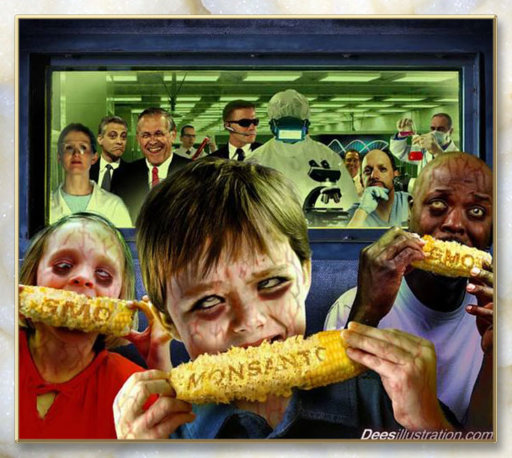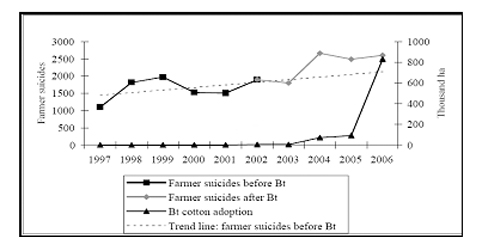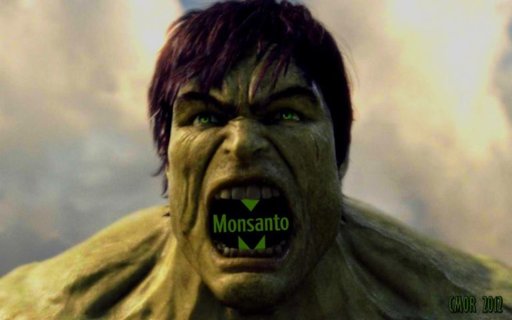I'd agree. Though there is some cause for concern regarding the safety of any food product, be it on the vine/in the fridge/on the kitchen counter, and GMO's, as they're released, deserve a level of scrutiny greater than more 'traditional' produce, the rhetoric surrounding the 'these plants are killing us..!' theory seems largely based in hysteria, and confusion about the science involved in GMO's... mostly leaning toward it being far more advanced, reckless, and insidious than the actual information we have on it suggests. They could be right in some cases, I can certainly begin to understand, as a layman anyway, how in tweaking the genes of a plant that plant may develop in unexpected ways within the natural environment, and some of those unexpected developments could maybe harm people. (my dad has a very strong allergy to kiwi-fruit, for example... but to no other fruits that we're aware of. Is it impossible that a GMO fruit of another sort might unwittingly antagonize this allergy?) That being said, it all seems like speculation at the moment.
The real safety issue I have with GMO's isn't the products themselves, but who controls them, and what they're used for. There's a very powerful drive to make the food market worldwide as much of a financial abstraction as the futures exchange, and Monsanto is a strong agent of that push. Booms and busts of the stock market already have far too direct an influence over the livelihoods of those who have no affiliation with it whatsoever. Housing bubbles leave many people in terribly desperate circumstances when they burst. Food bubbles, a very real thing in today's markets, starve millions. Much like gene patenting, GMO patenting isn't going to help drive the science of GMO's forward, it's going to have the opposite effect... and gives precisely the wrong people far too much control over our daily bread.




